State Senator Romaine Quinn | Official Website
State Senator Romaine Quinn | Official Website
The Wisconsin State Senate has approved four bills introduced by Senator Romaine Robert Quinn, representing Birchwood. These legislative measures aim to assist residents in Northwest Wisconsin by offering consumer protection, aiding homeowners, and supporting local government operations.
Senate Bill 172 seeks to shield consumers from predatory financial agreements that exploit property owners. "Passing this bill is a necessary step to protect consumers from schemers who exploit property ownership for unjust financial gain," stated Quinn.
Another measure, Senate Bill 56, addresses the issue of lead line replacement. It modifies state law to enable Superior's water utility to qualify for federal funding. This funding will help cover service line replacement costs for both customers and the utility itself. Quinn emphasized the importance of safe drinking water: "Safe drinking water is important to all Wisconsinites no matter which part of the state you live in."
Senate Bill 158 focuses on county forest management by expanding the criteria for hiring county foresters. The bill allows work experience to be considered alongside educational qualifications when applying for grants related to county forest administration positions. According to Quinn, "Times have changed since rigid requirements were put into place and today there are more options for well-qualified individuals."
Lastly, Senate Bill 215 proposes updates to improve efficiency in town governments, particularly concerning vacancy procedures. Quinn noted that current statutes are cumbersome and unclear: "This legislation simply enhances efficiency and responsiveness in town governments."
These bills will now proceed to the State Assembly for further consideration. Quinn expressed optimism about their impact: "All of these common-sense measures have real impact for the people of Northwest Wisconsin." He hopes his colleagues in the State Assembly will support them and that Governor Evers will sign them into law.
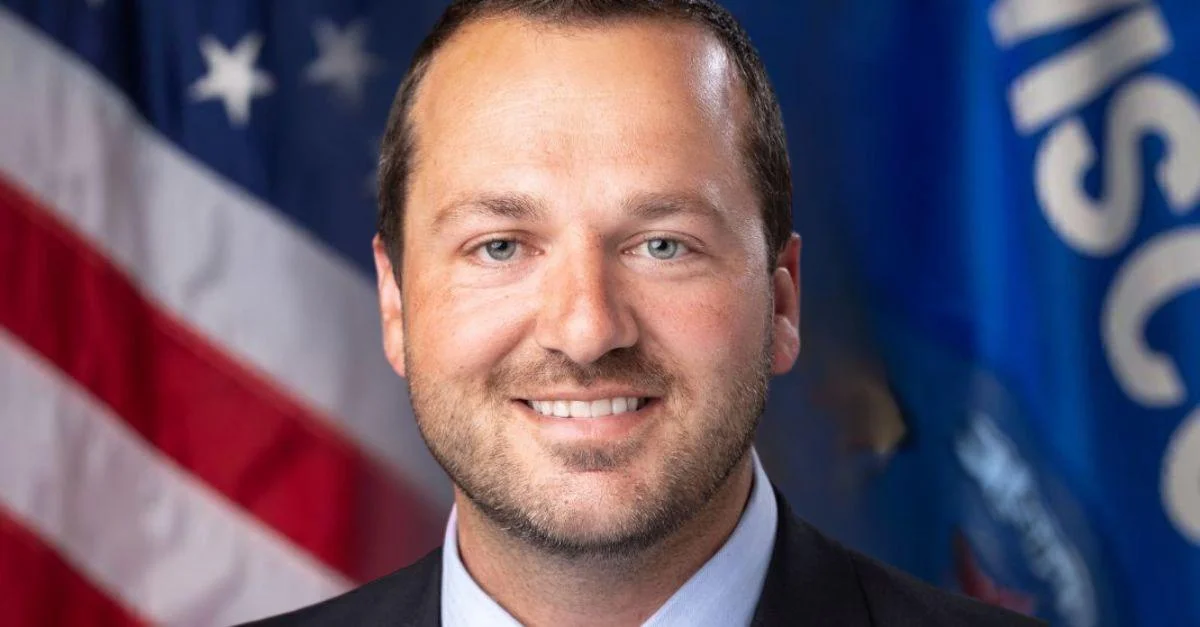
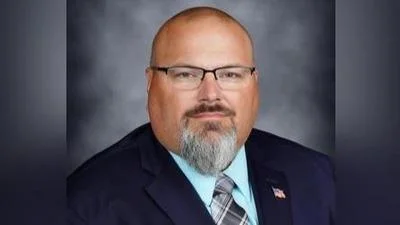
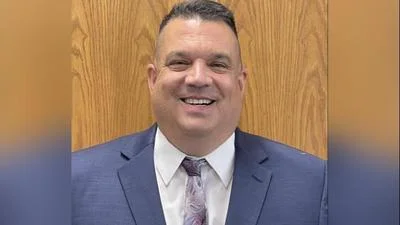
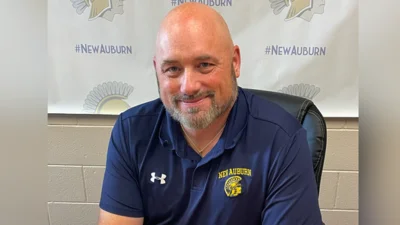
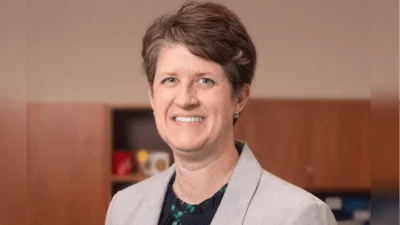

 Alerts Sign-up
Alerts Sign-up